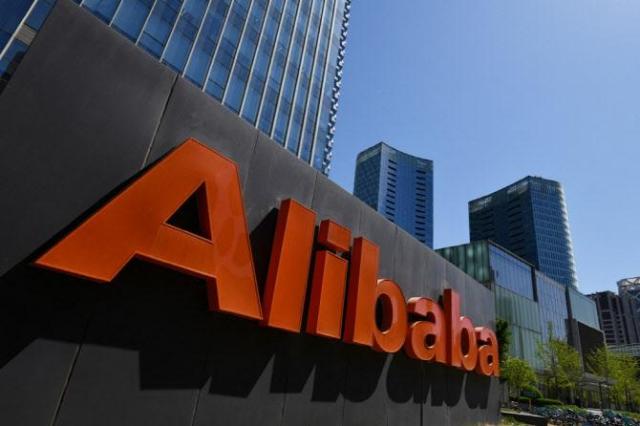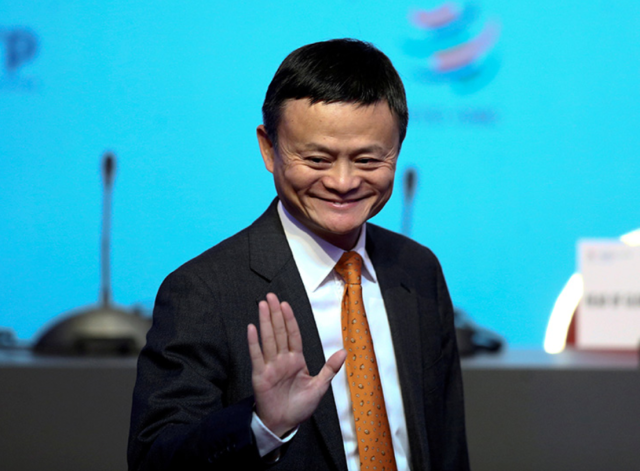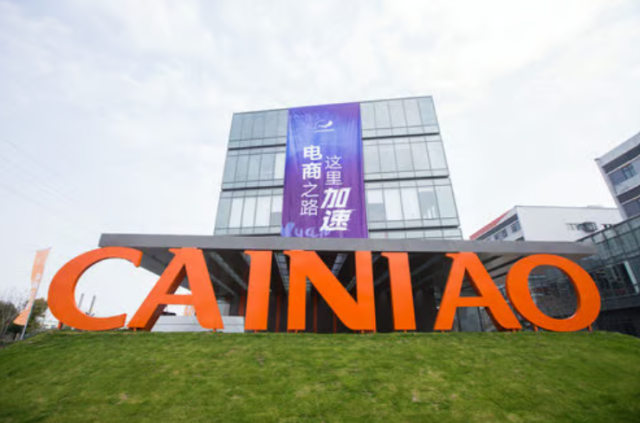
Editor's Note: This article is the 15th installment in our series on Asia's top 100 companies, exploring the strategies, challenges, and innovations driving the region's most influential corporations.
SEOUL, April 24 (AJP) - In 1999, in a small apartment in Hangzhou, eastern China, a former English teacher named Jack Ma gathered 17 friends and associates to launch a new kind of business.
Their goal was audacious: to create an online marketplace that would connect Chinese manufacturers with international buyers.
At a time when China’s internet infrastructure was primitive and the promise of e-commerce uncertain, few could have predicted the transformation that would follow.
Twenty-six years later, that venture — Alibaba Group — has become one of the world’s most influential digital conglomerates, its reach extending far beyond e-commerce into cloud computing, financial technology, logistics, and artificial intelligence.
Today, Alibaba commands roughly half of China’s e-commerce market through platforms like Taobao and Tmall, which operate on an asset-light model that connects buyers and sellers while outsourcing logistics to third-party providers. The result is a sprawling digital ecosystem that serves hundreds of millions of consumers and businesses.
The company's financial results reflect its stature. In 2024, Alibaba reported revenues of $130.35 billion, up 3 percent from the previous year. For the fiscal third quarter ending in December 2024, it posted revenue of 280.2 billion yuan — about 55 trillion won — an 8 percent increase, driven by a rebound in e-commerce and expanding cloud services.
Ma, who had no formal background in technology or finance, nevertheless proved a compelling leader.
His vision and charisma helped secure investor confidence and attract early talent. He emphasized creativity and customer focus, often urging his teams to “follow competitors but never copy them.” His tenure set the tone for a culture that prized innovation and agility.
Ma stepped down as executive chairman in 2019, handing the reins to Daniel Zhang, then CEO, who led efforts to globalize the business and digitize its infrastructure. Under Zhang, the company turned China’s Nov. 11 shopping festival — Singles' Day — into the world’s largest online retail event.


Today, Alibaba is led by Chairman Joe Tsai and CEO Eddie Wu, who are steering the company through a new era of global expansion and regulatory recalibration.
The firm’s overseas footprint has grown markedly through platforms like AliExpress and Tmall Global, and with acquisitions such as Lazada in Southeast Asia, where Alibaba now commands roughly 30 percent of the market.
In Russia, the company has pursued partnerships with domestic firms like Mail.ru and Megafon, tapping into a local user base of over 100 million.
Its cloud computing arm, Alibaba Cloud, has become a cornerstone of the company’s growth strategy. Ranked first in China and third across the Asia-Pacific region, Alibaba Cloud posted 13 percent revenue growth in the third fiscal quarter of 2025, with further acceleration expected.
Unlike Western rivals such as Amazon Web Services and Google Cloud, Alibaba has focused on solutions tailored for governments and small- to mid-sized enterprises, expanding its data center network in Southeast Asia and the Middle East.
Meanwhile, the company’s financial affiliate, Ant Group, has evolved from its roots as Alipay into the world’s largest mobile payments platform, serving 1.3 billion users and 80 million merchants globally. But Ant’s meteoric rise drew regulatory scrutiny. In 2020, Chinese authorities halted its anticipated IPO — valued at $46 trillion won — just days before the offering.
The move followed critical remarks by Ma about China's financial regulatory system and marked a turning point in the company’s relationship with Beijing.

The fallout was swift. In 2021, Alibaba was fined 27.5 billion yuan (about $4.2 billion) for antitrust violations — the largest such penalty in Chinese history. Ant Group was restructured, with its credit and lending operations brought under tighter state control.
Even as it navigates these headwinds, Alibaba is pressing ahead with technological investment. It has pledged 380 billion yuan (roughly $58 billion) over the next three years to expand its AI capabilities.
Among its latest innovations: Qwen2.5 Omni, a multimodal model that processes text, images, and video; and Tongyi Wanxiang, a generative image tool used in e-commerce design and advertising.
Its logistics arm, Cainiao, integrates robotics, AI, and IoT to deliver same-day service in China and 72-hour delivery globally. The system relies on a fleet of over 500 autonomous guided vehicles and includes strategic hubs in Dubai and Kuala Lumpur, part of a broader push to reshape trade routes linking Asia, Europe, and the Middle East.
Sustainability has become a focal point. The company aims to reach carbon neutrality by 2030, with initiatives such as the deployment of 40,000 new energy vehicles and a full transition to renewable energy in its data centers.
The Ant Forest program — through which users earn points for eco-friendly behavior that translate into real-world tree planting — has led to over 100 million trees planted across China.
Still, challenges remain. Alibaba’s share of China’s e-commerce market has dipped below 50 percent, amid growing competition from domestic players like Pinduoduo and international rivals such as Amazon and TikTok Shop.
To stay competitive, Alibaba is expanding features like free shipping and local currency support on AliExpress, while betting on livestream commerce to drive engagement across regions.
Geopolitical uncertainty poses additional risk. U.S.-China tensions could threaten access to advanced semiconductors, essential for the company’s AI ambitions.
Analysts say Alibaba’s success in the coming years will depend on its ability to balance innovation with compliance, and to navigate a shifting global regulatory landscape.

Copyright ⓒ Aju Press All rights reserved.


View more comments